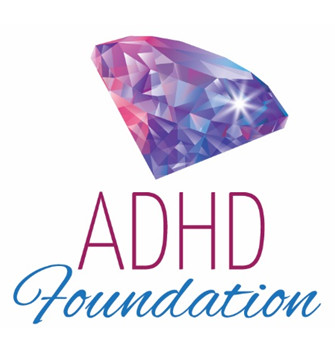Navigating ADHD Support in Australia: Non-Medication Management Strategies for Children and Adults
Living with ADHD can present challenges, but there’s an empowering truth at its core: support is out there, and it goes far beyond medication.
In this guide, we explore how Australians are managing ADHD using multimodal, non-pharmaceutical strategies—with insight into behavioural techniques, expert guidance, and holistic wellness plans. Whether you’re navigating ADHD yourself or supporting someone who is, understanding all available options is key to creating meaningful, long-term solutions.


Who Can Help With ADHD?
In Australia, ADHD is commonly managed through collaboration with:
- Specialist ADHD professionals
- Accredited psychologists and therapists
- Behavioural coaches and educators
These professionals provide tools and personalised care plans that meet the unique needs of each individual—considering age, lifestyle, co-existing conditions, and support systems.
Because ADHD often overlaps with conditions like anxiety, depression, OCD, and disordered eating, integrated support models yield the best outcomes.
Beyond Medication: Multimodal ADHD Support
Managing ADHD doesn’t rely solely on pharmaceuticals. In fact, many people thrive through a blend of:
- Behavioural therapy
- Executive function coaching
- Cognitive behavioural therapy (CBT)
- Mindfulness and lifestyle regulation
- Psychoeducation and support groups
Children and adults can both benefit from structured strategies that enhance daily routines, organisation, time management, and emotional regulation.
Schools, workplaces, and families play crucial roles in sustaining progress through consistent support systems.
Support Across Life Stages: From Youth to Adulthood
Early support makes a significant impact. ADHD in children and adolescents is best managed using:
- Positive reinforcement systems
- Consistent routines and clear expectations
- Educational accommodations
- Emotional and behavioural support
But the journey doesn’t stop there. Adolescents transitioning into adulthood (particularly between ages 17–25) are at increased risk of mental health challenges if care isn’t continued. That’s why coordinated transition plans from paediatric to adult services are vital.
Who Diagnoses ADHD?
- Clinical psychologists can assess and diagnose ADHD in Australia.
- Psychiatrists or paediatricians typically lead the development of a comprehensive treatment plan.
- Due to long waitlists and limited specialists, it’s common for individuals to experience delays in accessing support.
If you’re just starting out, the ADHD Foundation provides resources and can help you find pathways to assessment and care.
ADHD National Helpline: 1300 39 39 19
Email: support@adhdfoundation.org.au

Latest News and Information
The ADHD Foundation Australia’s quarterly newsletter offers valuable updates on research, community events, and practical resources for parents. It also highlights advocacy efforts to improve awareness and support for the ADHD community in Australia.
State-by-State Variation in Support Access
Accessing ADHD support varies greatly depending on where you live in Australia. Different state health systems and legislation mean certain providers or programs may be harder to access across state lines.
It’s worth checking local guidelines or browsing national advocacy sites like AADPA to get clarity.
ADHD and Risky Behaviours: What Parents Need to Know
Impulsivity and poor focus—two hallmark traits of ADHD—can increase a young person’s vulnerability to drug and alcohol use. Research shows:
- Open, early communication is key to prevention.
- Teens who avoid alcohol and drug use until age 21 are far less likely to engage later.
- A formal diagnosis and appropriate support significantly reduce behavioural risks.
Empowering young people with accurate knowledge and practical coping strategies helps them navigate life more confidently.

Final Thoughts
Every person’s experience of ADHD is different. Some people find success with self-management strategies and lifestyle changes alone. Others need more structured, ongoing support. There’s no “one size fits all”—but with the right knowledge, tools, and professional guidance, managing ADHD becomes a whole lot more possible.
If you’re feeling overwhelmed, start with one conversation. Support is out there—and you don’t have to figure it all out at once. Get support through the ADHD Foundation check out our services at
